Between heat waves and major storms, the number of blackouts and brownouts has increased sharply in recent years, but a start-up launched by a former Tesla exec plans to use as many as 100,000 old EV batteries in “second-like” backup energy storage systems to minimize the risk of grid outages. More from Headlight.News.
Today’s EV batteries are providing far more robust than many once anticipated, typically maintaining 70% or more of their original capacity once the rest of the vehicle is ready to be scrapped.
With sales of battery-electric vehicles now running well over 1 million annually in the U.S., that means a growing number of EVs are going to be ready for the recycler in the coming years. And that’s where Redwood Materials thinks it has a great opportunity. Launched by former Tesla senior executive J.D. Straubel, Redwood aims to become one of the country’s largest battery recyclers.
But the company is betting that many of those batteries can find “second-life” applications, especially as climate change results in more extreme weather putting a serious strain on the nation’s electrical grid. The start-up plans to put as many as 100,000 one-time EV batteries into use in energy storage systems that could keep the power up, avoiding the hassles associated with brownouts and blackouts.
A growing problem
Power outages have become a familiar problem for most Americans, and the situation is expected to get worse in the coming years, the nation’s largest grid operator warned in May. PJM Inteconnection, which oversees electricity for 65 million people across 13 states and D.C., forecast significant power shortages this year due to increasingly violent storms, as well heatwaves – like the one that affected much of the U.S. in June.
In its annual summer assessment, PJM warned that, in high-heat situations, it may not be able to meet the record demand now being forecast.
But even in less extreme conditions, Goldman Sachs warned in June that rising demand for AI server farms, EVs and other applications has all but used up spare capacity and could lead to rolling blackouts in some parts of the country.
EVs to the rescue
More and more of today’s EVs are being equipped with V2X capabilities. That offers a variety of advantages, including the ability to draw power from an electric vehicle’s batteries at, say, a work or campsite. But it can also let a utility tap into the pack – with an owner’s permission. This could let those packs add to the available energy in the grid, though this V2G, or vehicle-to-grid, technology is yet to be available in more than prototype form.
More immediately, utilities – as well as companies and even neighborhood groups – are looking at ways to back up the grid with battery-based storage systems. And that’s where Redwood Materials comes in.
Straubel’s start-up has already inked deals with a number of manufacturers, including BMW, Ford, General Motors and Toyota, to take old EV batteries and recycle their basic materials – including valuable minerals like lithium, cobalt and magnesium – when the vehicles are ready to be scrapped.
But Redwood is planning to repurpose, rather than scrap, as many as 100,000 batteries a year.
More EV News
- Cadillac Delivers 1st $340,000 Celestiq EV
- A Wave of Senior Execs Exit as Tesla Sales Plunge
- Mercedes-AMG’s New GTXX Concept is a 1,340-hp EV Hypercar
From EVs to battery backups
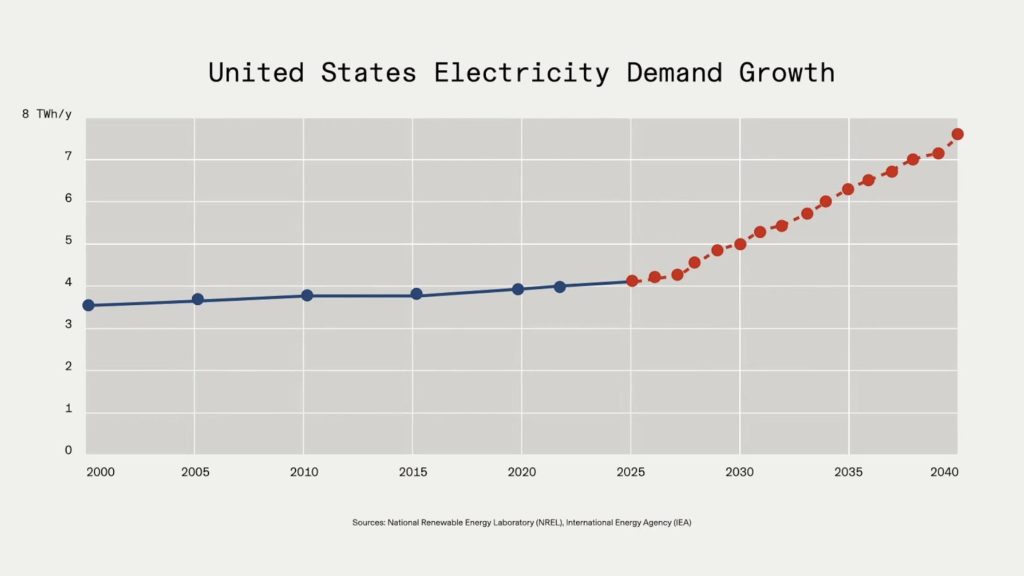 It’s become increasingly common to find battery backup systems used in homes and offices to prevent blackouts from shutting down computers and other electronic devices – and to prevent damaging power surges. Redwood wants to take those small devices and expand them to levels big enough to keep whole businesses, even entire neighborhoods, powered up in the event the grid goes down.
It’s become increasingly common to find battery backup systems used in homes and offices to prevent blackouts from shutting down computers and other electronic devices – and to prevent damaging power surges. Redwood wants to take those small devices and expand them to levels big enough to keep whole businesses, even entire neighborhoods, powered up in the event the grid goes down.
Redwood’s first project, in Reno, Nevada, draws power from 792 old EV battery packs spread out over a 2-acre site. It has 63 megawatts of capacity and can flow a continuous 12 mW to users.
Such operations could become increasingly common in the years ahead, especially with the rise of high energy-demanding crypto and artificial intelligence centers. OpenAI has set up a 1.2-gigawatt data center in Abilene, Texas for its Stargate AI operation relying on massive battery backup.
Growing demand
“I expect we’ll have significant, significant appetite for energy storage,” Nathan Niese, global lead for electric vehicles and energy storage at Boston Consulting Group, told Automotive News. He expects such applications will double by 2030.
For his part, Straubel told the publication Redwood almost got into the backup business too early. “But that has really started to change.”
And it’s not the only company hoping to tap into battery backup systems, whether starting with new batteries or recycled ones. Tesla has become a major supplier of backup systems, some sized for individual homes, others designed to handle major grid applications, as it put together in Australia.
LG Energy Solutions, which has partnered with automakers such as GM, now sees backup systems growing even faster than EV demand.
One concern is the proposed federal budget backed by Pres. Donald Trump. It contains a number of provisions that could slash support for green energy projects, including not only EVs but wind and solar generators, as well as battery production and applications.

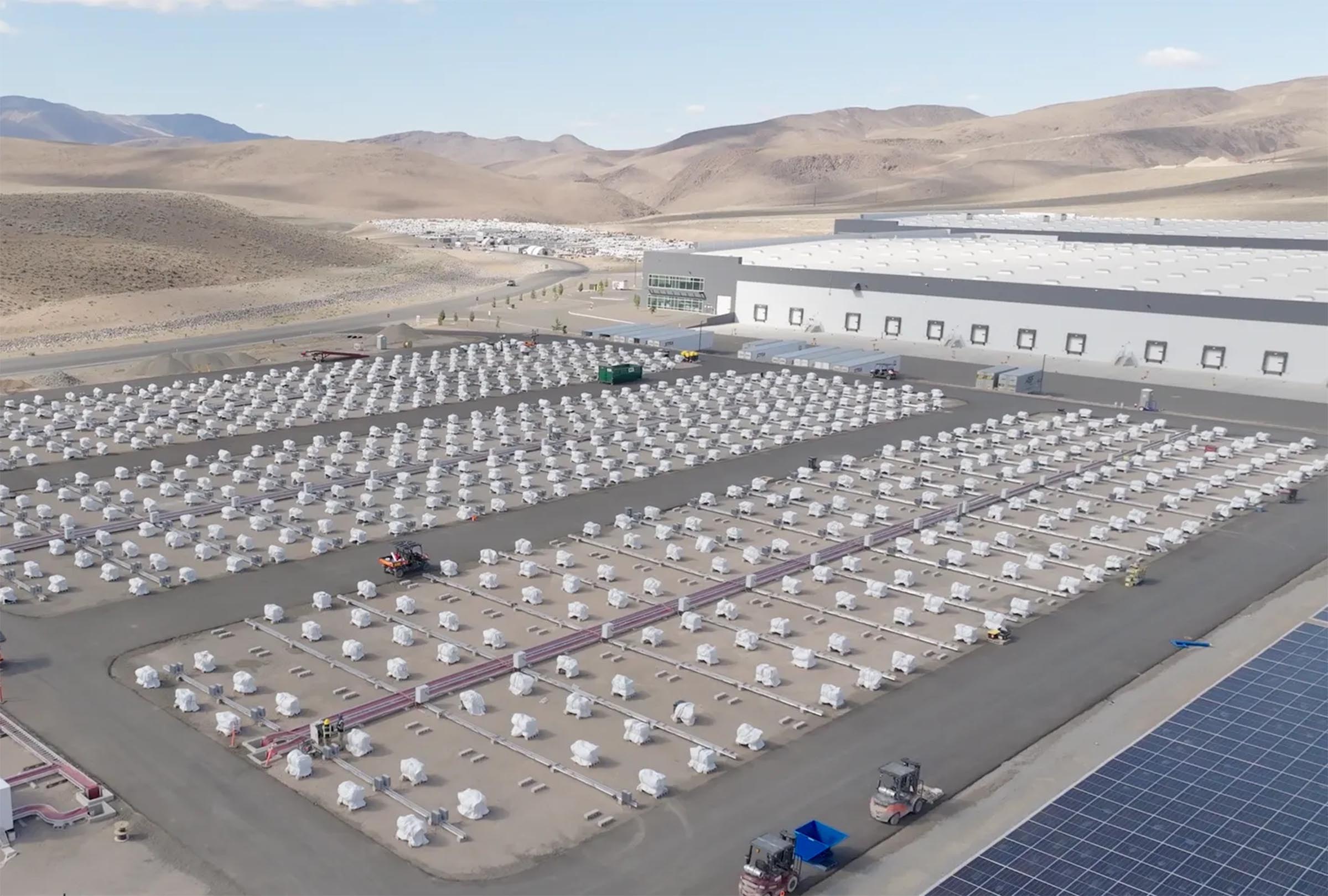


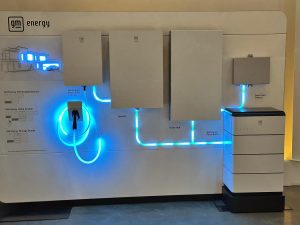
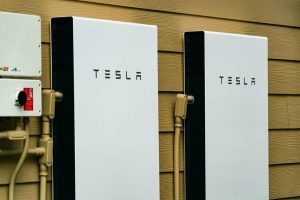

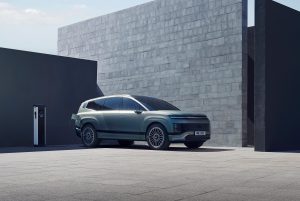



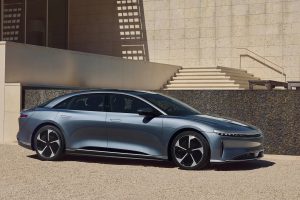
Doesn’t pass the smell test. I’d like to see the numbers.
What do you question?